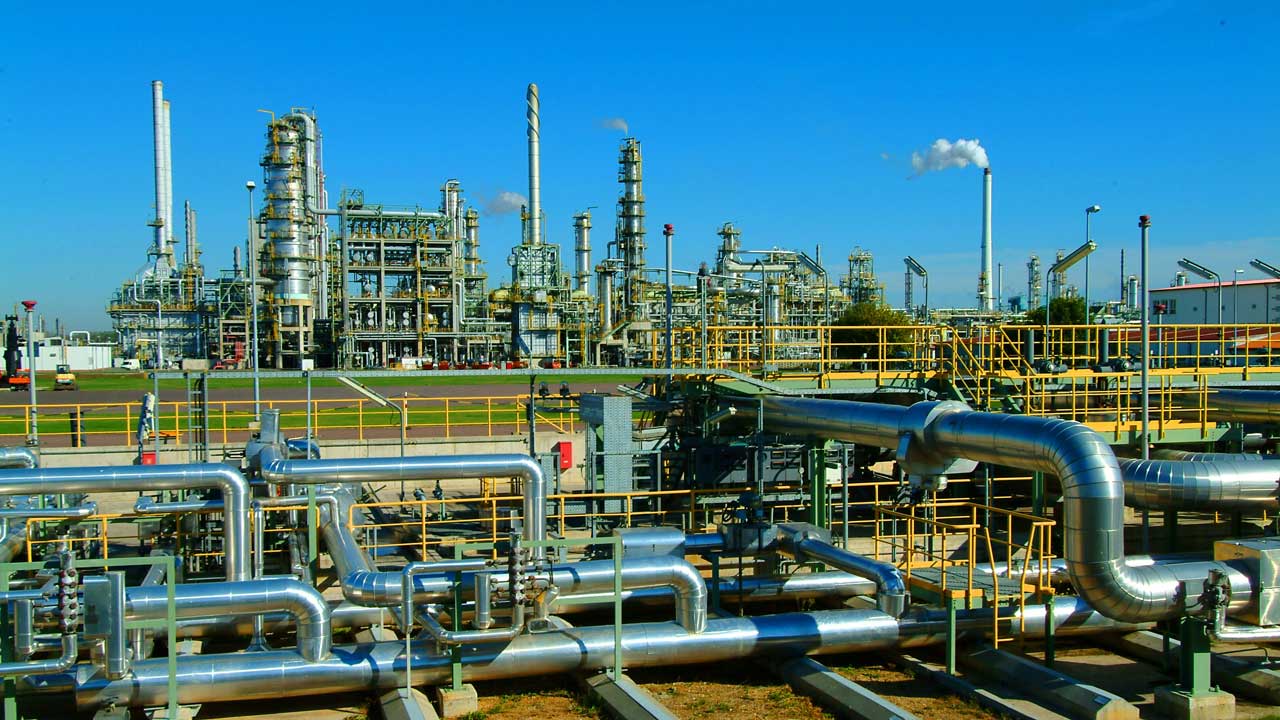The Port Harcourt Refining Company (PHRC), a key asset under the Nigerian National Petroleum Company Limited (NNPC) in Rivers State, has once again failed to commence operations after six previously promised deadlines. The refinery, which has been undergoing a $1.5 billion rehabilitation since March 2021, was slated to begin operations in early August according to NNPC's Group Chief Executive Officer, Mele Kyari. However, as mid-August approaches, the refinery remains inactive, raising concerns about yet another unfulfilled promise.
NNPC's spokesperson, Olufemi Soneye, insists that the project is "on course," but provided no further details on the exact commencement date. The refinery, which has a capacity of 210,000 barrels per day, was expected to start refining 60,000 barrels of crude oil daily after last year's Christmas break. However, delays and regulatory hurdles have continued to push back the timeline.
This latest setback adds to a series of delays dating back to 2019, when Kyari initially promised that all four of Nigeria’s refineries would be operational before the end of former President Muhammadu Buhari’s administration. Despite the repeated assurances, the Port Harcourt refinery, along with the others in Warri and Kaduna, remain non-functional, forcing Nigeria to rely heavily on imported fuel.
Former President Olusegun Obasanjo, addressing lawmakers in Abeokuta, criticized the management of the nation’s refineries, citing corruption and poor oversight as the root causes of their dysfunction. Obasanjo recalled how Shell declined his request to manage the refineries during his presidency, and expressed frustration over the continued waste of resources on facilities that have remained moribund for years.
The Senate has also raised concerns over the $1.5 billion allocated for the refinery's rehabilitation, questioning the lack of results despite the significant investment. Senate Leader Opeyemi Bamidele lamented the ongoing dysfunctionality of government-owned refineries, contrasting their performance with thriving private businesses in the sector.
Nigerians remain hopeful that once operational, the Port Harcourt refinery will reduce the country’s dependence on imported fuel and bring down the high cost of petrol. However, with multiple missed deadlines and continued uncertainty, confidence in the refinery's revival is dwindling.




